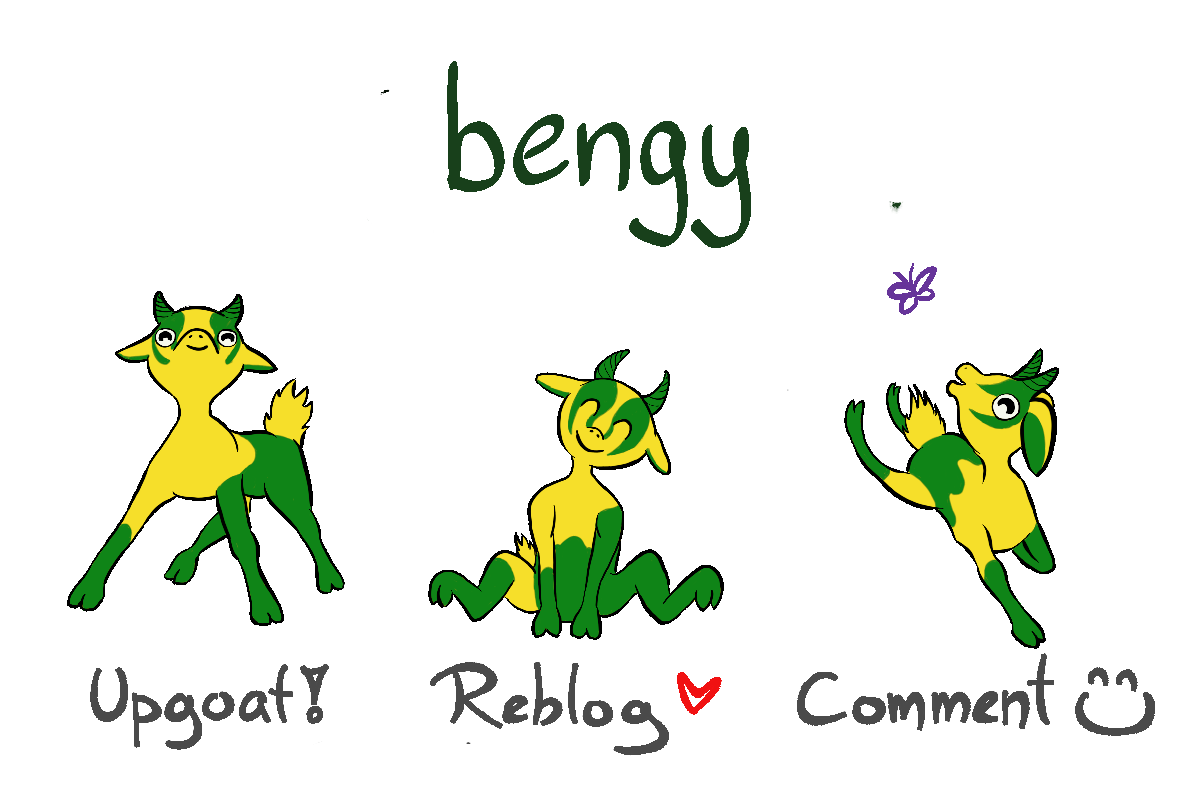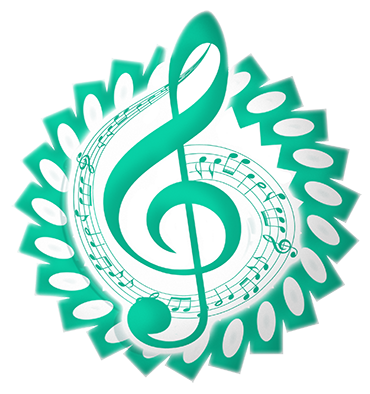Early Music Thoughts: Against Literalism/Dogmatism

Ahhh... a difficult week with a difficult person can be quite demoralising and shattering to my inner sense of centred-ness. However, after the worst of it is over, it is also a chance to re-evaluate and clarify what I personally dislike and what I find important in working with other musicians, in rehearsal and performance.
So, Early Music is a specialisation of music that I work in. It goes by other names, Baroque (or the specific era) music or HIP (Historically Informed Performance) are two other names... personally, I stick with the good old-fashioned Early Music. At its heart, it is a rediscovery of the way people played music in the past... the modern "Classical" musicians have evolved a tradition of interpretation that (whilst still valid...) often ignores the tastes and intents of the past. Sound production, interpretation of the blobs, instrument evolution, matters of taste and interpretation, size of forces, meanings of words, lost techniques of improvisation... well, to be quite honest, everything has changed quite significantly over the intervening few centuries!
I won't go too much into depth about it here, but there is a certain validity to ignoring the past and going for a modern Classical take... it doesn't make sense personally to me, but it is quite common (and what most people think of, when they think of Classical music...). To me, it smears the entire sweep of music history and interpretation under a single modern take with no context, which would be meaningless in pretty much every other field of study!
Anyway, the study of Early Music does attract two very distinct sets of people. Those who are attracted by the old treatises and the "rules" of the past, and those who are attracted by the freerer aspects of improvisation and ornamentation. Now, it will appear that I'm talking about two opposing camps, but like everything else... everything is on a spectrum. And as you can see from the title, I tend to lean towards the latter!
Now, part of the study of Early Music is the academic part. We do need to go back and rediscover what the context, technique, and preferences were for the past. And for this, we draw upon source documents, such as treatise writings, original (unedited) manuscripts and scores, iconography, and a multitude of other things. There is a surprisingly large amount of surviving sources that we can draw upon... but sadly, there is also a lot that has been lost in the intervening centuries as well. The picture that is painted, is a musical world that has different "assumptions" to our modern "classical" ideas, one that is full of diverse and contradictory opinions (but still alien to modern interpretations), and much more full of passion and heart than what we normally give credit for.
Personally, I find that modern classical musicians have a sort of stereotyped understanding of older music that has been indoctrinated into them via generations of teachers who never bothered to check their assumptions against sources. Again, nothing wrong with that, you can still give great performances of old works with this understanding... but know that that is the case and be comfortable in that lack of curiosity.
But within Early Music, there are the two camps. Should we try to recreate the old music as best as we can with an adherence to composer wishes when it is known and to use "trusted" secondary sources when it isn't? Or should we take the sources as a "hint" about what they wanted... but not the final document?
Obviously... again, I'm of the latter camp. Now, there is validity to the former camp... as there are often things that we would initially recoil away from if we were left to only take "hints and suggestions". So, there is some value in stickin to the treatises when they disagree with us and to try and make it make sense...
... but we shouldn't stick to them. As a past teacher told me, read the treatises and sources, internalise them, then throw them away. Not everyone does the last step... Oddly enough, I do think that this method of taking "hints" is the most likely to respect the composer's wishes. The composers of the time, well... they were the performers as well as the writers. They improvised like crazy... and the writings they left behind were usually for beginners and amateurs (they had to make a bit of cash on the side...). So, I regard them as incomplete... meant only as a starting point.
But sometimes, these writings are taken as blocks to "bash correctness". We can never know the true endpoint of past performers and performances from writing alone... and to adhere to a set book of rules, well... that is the path to hypocrisy. We've definitely seen that in other fields... when you have strict adherence to "rules", then these are often bent, cherry-picked, and "interpreted" according to personal whim... and honestly, I see the same in the literalists.
So, a difficult week... but I have survived, and come out stronger in my conviction that the sources are merely beginnings.

I can also be found cross-posting at:
Hive
Steem
Publish0x
Handy Crypto Tools
Ledger Nano S/X: Keep your crypto safe and offline with the leading hardware wallet provider. Not your keys, not your crypto!
Binance: My first choice of centralised exchange, featuring a wide variety of crypto and savings products.
WooX: The centralised version of WooFi. Stake WOO for fee-free trades and free withdrawals!
GMX.io: Decentralised perpetual futures trading on Arbitrum!
Coinbase: If you need a regulated and safe environment to trade, this is the first exchange for most newcomers!
Crypto.com: Mixed feelings, but they have the BEST looking VISA debit card in existence! Seriously, it is beautiful!
CoinList: Access to early investor and crowdsale of vetted and reserached projects.
Cointracking: Automated or manual tracking of crypto for accounting and taxation reports.

Account banner by jimramones


Congratulations @bengy! You have completed the following achievement on the Hive blockchain And have been rewarded with New badge(s)
You can view your badges on your board and compare yourself to others in the Ranking
If you no longer want to receive notifications, reply to this comment with the word
STOPCheck out our last posts:
Damn. I feel for you mate.
It would seem that in all spheres there are some whose primary concern is to lord over others. Then, the content of the socio-cultural worlds they inhabit become mere tools to exploit in service of the ongoing, petty campaign.
Almost any justification will do, so long as it exists outside of themselves, so as to avoid any accountability, and so long as it provides a respectable smokescreen to cover over their genuine desires: vulgar power over others, a feeling of superiority, "moral" correctness...
That part about the respectable smokescreen sounds like the difficulties you've described. Having to deal with like a fundamentalist attitude to primary sources would be demotivating, when your approach to the music is clearly more realistic and in all probability more correct.
Like, does this person feel that the composers of yore are all watching, applauding their rigid defence of old pieces of parchment to the exclusion of all else? Are they a self-appointed foot soldier in the war of literalism against living music, waged on the interpersonal battlefield, with their imaginary audience of past composers wildly cheering them on?
Maybe I'm reading too much into it but your experience does resonate with me.
Nah, I think you are reading exactly what I feel as well. It is really quite confusing though, I guess some people need to stake their ground even though they don't really notice that there isn't anyone challenging them... and just the act of being so dogmatic leads to others not wanting to work with them... which feeds the imaginary challenge all the more!